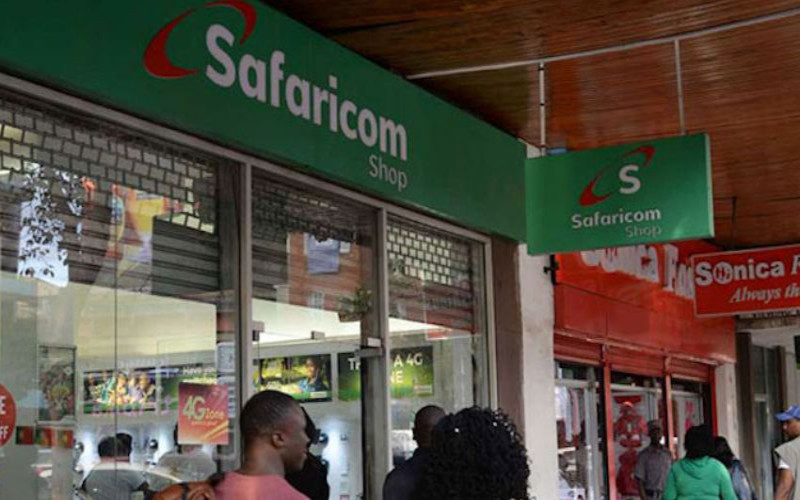
A Kenyan man who is based in the United States of America has lost a lawsuit against telecom operator Safaricom after he sought to a refund of Kshs 4300 that he allegedly used to replace his sim card that was swapped by fraudsters.
The High Court dismissed the suit filed by one Chrisogonas Odero who was asking that Safaricom be compelled to bear the cost of Kshs 200 for the purchase of a replacement sim card and the Kshs 4,110 he spent as courier cost to the US.
Justice Hedwig Ongúdi dismissed the case, finding Odero at fault for not reading the terms and conditions while purchasing the sim card, which stated that in case of any problem encountered with use of the sim, he was to go for arbitration first and if it failed, he was to approach the Communications and Multimedia Appeals Tribunal (CAMAT) , which he did not do.
"He was guided accordingly but he decided to come to court instead of following the setup dispute resolution processes by the respondent, under their contractual agreement,” Justice Ong’udi said.
According to court documents, Orders purchased his sim card in 2009. In 2019, he was called by someone alleging to be the mobile service provider's customer care.
The caller asked him to keep his mobile phone on so he could receive new updates on his M-Pesa menu but soon after it became apparent that his line had been tampered with, as it became impossible for him to make calls, buy airtime or even transact on the mobile money transfer platform.
He immediately engaged with the firm through its Twitter handle and learnt that he had become a victim of Sim-Swap fraud and was advised to deactivate it and get a replacement. His new line was delivered to him through a DHL courier.
However, upon receipt of his new line, he found that his MPesa menu was still not functioning as his PIN had been changed, and a deposit of Kshs 100 made from an agent identifed as Servotech Agencies Scowas Enpses (Agent No.335362) and contacted the Telco seeking a report of what had transpired with his line.
Odero claimed that he sought a refund for the costs incurred for his new line and was promised that he would receive one, but after he began asking for a report into the incident, his efforts went futile, prompting him to report the matter to the Gigiri police station.
He accused Safaricom of negligence and failing to safeguard his personal information , as he lost the ability to cater to the family's financial needs owing to the swap.
Safaricom on its part stated it had knowledge of Odero's complaint and that he was guided on how to resolve it, but management denied ever contacting the complainant.
According to one of its fraud managers, Andronicus Kihalangwa, the telco has mechanisms to limit potential fraudulent sim swaps and that after the second line was sent to the customer, he did not send any other complaint.
Kihalangwa also denied that Safaricom had agreed to reimburse the courier charges and that Odero chose to ignore the advice to visit its offices if his query was not sufficiently and went to court instead. Odero also sued the Communications Authority of Kenya. (CA).
By Fridah Wangechi | 1 year ago
By Fridah Wangechi | 1 year ago
By Fridah Wangechi | 1 year ago
By Fridah Wangechi | 1 year ago
President Ruto Renames Utamaduni Day in New Law
Ezra Manyibe | 3 hours ago